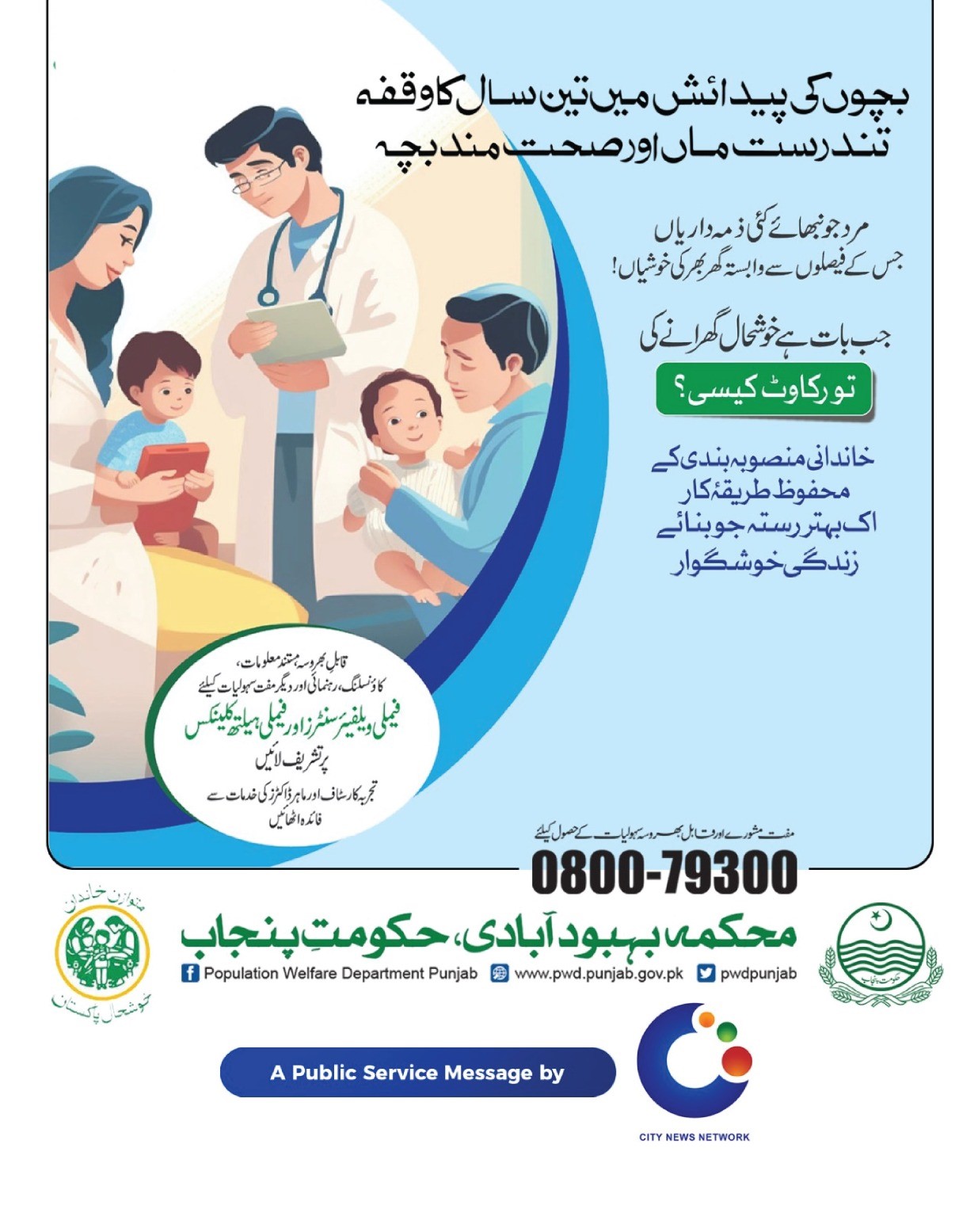Revoke the heat stroke
May 20, 2024 12:48 PM

Representational image
As temperatures in Pakistan surge past the 50-degree Celsius mark, the country faces a public health crisis. The intense heat wave brings with it a heightened risk of heat strokes and heat exhaustion, posing a severe threat to the health and well-being of millions. This column aims to raise awareness about these dangers and highlight crucial preventive measures that both the public and the government can undertake to mitigate the impact of this extreme weather.
Heat stroke and heat exhaustion are the two most common heat-related illnesses. Heat stroke, the more severe of the two, occurs when the body's temperature regulation system fails, causing the body temperature to rise to dangerous levels. Symptoms include high body temperature (above 104°F or 40°C), confusion, seizures, and loss of consciousness. Heat exhaustion, while less severe, can still be debilitating, with symptoms such as heavy sweating, weakness, dizziness, nausea, and headache.
Raising public awareness is the first line of defense against the dangers posed by heat waves. Staying hydrated is crucial. The human body loses a significant amount of water through sweat, so it’s important to drink plenty of fluids throughout the day. Water is the best option, but oral rehydration solutions and electrolyte-rich drinks can also be beneficial. Wearing lightweight, loose-fitting, and light-colored clothing can help the body stay cool. People should seek shade whenever possible and stay indoors during peak sunlight hours, typically between 10 a.m. and 4 p.m. When indoors, using fans, air conditioning, or even taking cool showers can help lower body temperature.
Reducing strenuous outdoor activities during the hottest parts of the day is critical. If exercise or work outdoors is unavoidable, taking frequent breaks in the shade and drinking water regularly can help prevent heat-related illnesses. Education about the signs and symptoms of heat stroke and heat exhaustion can save lives. Knowing when to seek medical help is crucial; for instance, if someone is experiencing symptoms of heat stroke, immediate medical attention is necessary.
Communities can play a vital role in safeguarding vulnerable populations, such as the elderly, children, and those with pre-existing health conditions. Establishing cooling centers in public buildings like libraries, schools, and community centers can provide a refuge during extreme heat. Community groups and local authorities should also check on isolated or at-risk individuals to ensure they are safe and have access to necessary resources.
The government has a significant role to play in mitigating the impact of heat waves. Effective strategies include launching extensive public information campaigns to educate citizens about the risks of heat waves and the steps they can take to protect themselves. This can be done through television, radio, social media, and community outreach programs. Developing and implementing comprehensive emergency response plans tailored to heat waves is essential. This includes setting up heat health warning systems, improving healthcare facilities to handle an influx of heat-related illnesses, and ensuring that emergency services are prepared to respond swiftly.
Long-term measures include urban planning strategies to mitigate heat. This involves increasing green spaces, planting trees, and using reflective materials in buildings to reduce the urban heat island effect. Ensuring reliable access to electricity is vital, as power outages during heat waves can be deadly. Investing in robust energy infrastructure to support cooling systems, and providing subsidies or financial assistance for air conditioning units for low-income families, can make a significant difference.
As Pakistan grapples with unprecedented heat waves, the collective effort of individuals, communities, and the government is imperative to safeguard public health. By promoting awareness, taking preventive measures, and implementing strategic interventions, we can reduce the devastating impact of extreme heat. It is a shared responsibility to ensure that no one suffers needlessly in the face of such formidable challenges. Through education, preparedness, and proactive action, we can weather the heat waves together and emerge resilient and informed.
DR ASIF CHANNER
Email:[email protected]
Mobile: +92-333 9991122







 Govt imposes capital value tax on farmhouses and big houses in Islamabad
Govt imposes capital value tax on farmhouses and big houses in Islamabad Widow, daughter ‘buried alive’ in a wall for property in Hyderabad
Widow, daughter ‘buried alive’ in a wall for property in Hyderabad Ducky Bhai gets 'harsh' slap from wife Aroob Jatoi
Ducky Bhai gets 'harsh' slap from wife Aroob Jatoi Public labels Veena Malik 'Over Actor' watching her video falling from snowy mountains
Public labels Veena Malik 'Over Actor' watching her video falling from snowy mountains  Rashid Mehmood expresses anger over skyrocketed electricity bill
Rashid Mehmood expresses anger over skyrocketed electricity bill Big Boss OTT 3: Payal becomes ‘upset’ with Kritika for her ‘love story’ with Armaan Malik
Big Boss OTT 3: Payal becomes ‘upset’ with Kritika for her ‘love story’ with Armaan Malik
